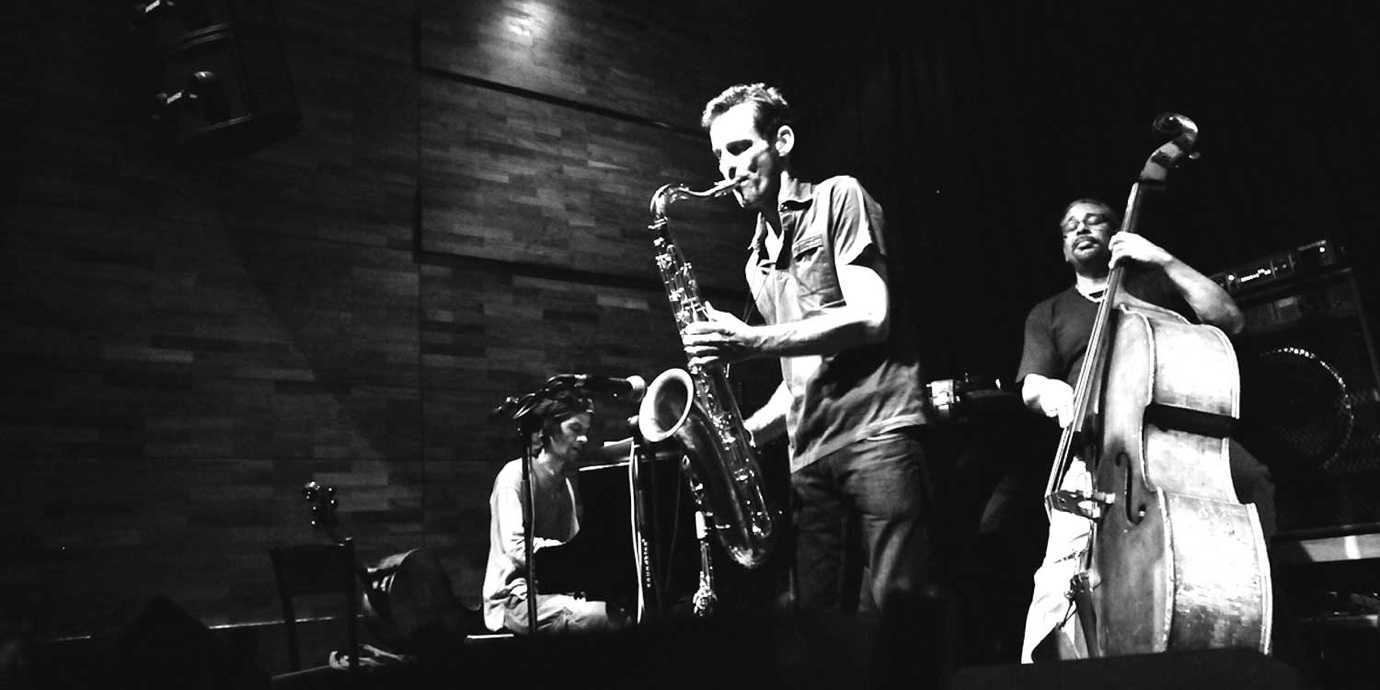It’s All Jazz
I have a mantra. It’s the metronome that keeps me from going into a tailspin when things go wrong.
It’s my reminder to keep perspective.
It’s all jazz.
It’s simple. Almost silly. And it probably doesn’t make any sense unless you’re me.1
Or one of the people close enough to me that you’ve heard the lecture.
So, Wait. Jazz?
When you listen to jazz improv, the musicians are all working within the general framework of the song, but they each take turns making shit up as they play.
A good jazz musician will play something he’s never played before — something he’s literally making up on as he goes — with the kind of skill and ease that makes everyone watching feel as though it’s a standard that’s been thoroughly rehearsed.
And while it’s incredible to watch, this kind of improvisation also has huge implications outside of music.
Plans, and How They Never Work Out
Every time I make a plan, it’s virtually guaranteed that something will go wrong.
This used to drive me crazy. I’d develop a vision of the way things ought to go, and when they failed to go exactly right, I’d be angry, disappointed, and resentful of the outcome.
U Mad Bro?
It bothered me that I let myself get beat by a changed plan, so I started thinking about what it was that bothered me so much when a plan went off-track.
Most of the time, my plans went well. The outcome was really close to what I wanted. So what was the big deal?
I had set my expectations in such a way that only perfection would be considered a success.
Anger, fear, and disappointment happen when our expectations are violated. 2 This meant that even when things went my way, I’d still be upset because they didn’t go exactly the way I’d imagined.
There’s so much to be said about this — it really does explain almost every negative human interaction. Think about it next time you get mad: “What was I expecting here, and how does the reality differ from my expectations?” You’re in for a serious moment of zen, mon frere.
The Art of Improvisation
Knowing this, I had two choices: I could A) accept that I’d never be happy and resign myself to a life full of disappointing, mostly-successful plans, or B) figure out a better way to plan that allowed for some wiggle room.
Of the two, the latter seemed more palatable.

After a large amount of trial and error, I finally came up with the jazz analogy, and built a new planning approach on two tenets:
- Skip the Details
- Expect Everything to Change
Skip the Details
Every plan is an effort to obtain a desirable outcome (e.g. “improve my client’s online marketing,” or “have a nice dinner with my friends”).
My plans, however, didn’t stop at the outcome; I’d work out which sides I would make to pair with the entrée, what games we’d play after dinner, and what cocktail I’d make to complement the meal.
Inevitably, one or two details would change — no one would want to play a game, or I’d forget to grab an ingredient for the cocktails — and I’d be upset that it didn’t go according to plan, even though the dinner was a success overall.
By not worrying about the details, I’m free to focus on the outcome.
Something will go wrong. So what?
When it does, I adjust within the framework of the plan and make something up. We’ll still get where we need to go.
Forget about managing the details. Just focus on getting the desired outcome.
Expect Everything to Change
This is another case of framing, which I’ve touched on before. If I enter a situation expecting only one outcome, I’m doomed to fail.
But if I expect that things will change and trust myself to adjust accordingly, my expectations are very hard to violate.
It’s easy to get sucked into believing that if anything goes wrong, all is lost. But in most cases, the only person who knows anything is amiss is the person who made the plan.
Where plans actually get ruined is when the planner sinks into a funk and everyone else gets uncomfortable.
If the musician misses a note, but powers through and just keeps playing, almost no one will notice. But if he stops mid-song to apologize about the mistake, it becomes a big deal.
Just Keep Playing
Nothing I do ever turns out exactly the way I expect. But it usually goes pretty well.
All I can do is keep playing, and, with enough practice, maybe everyone will believe that — for me at least — it’s all going according to plan.
What to do next.
If you enjoyed this post, you may want to consider joining my newsletter. I’ll send you messages about new content and occasionally send quicker thoughts and ideas only to my subscribers.
I don’t have comments on my blog, but I love hearing your feedback on Twitter or email. I read everything I get and respond when I can.